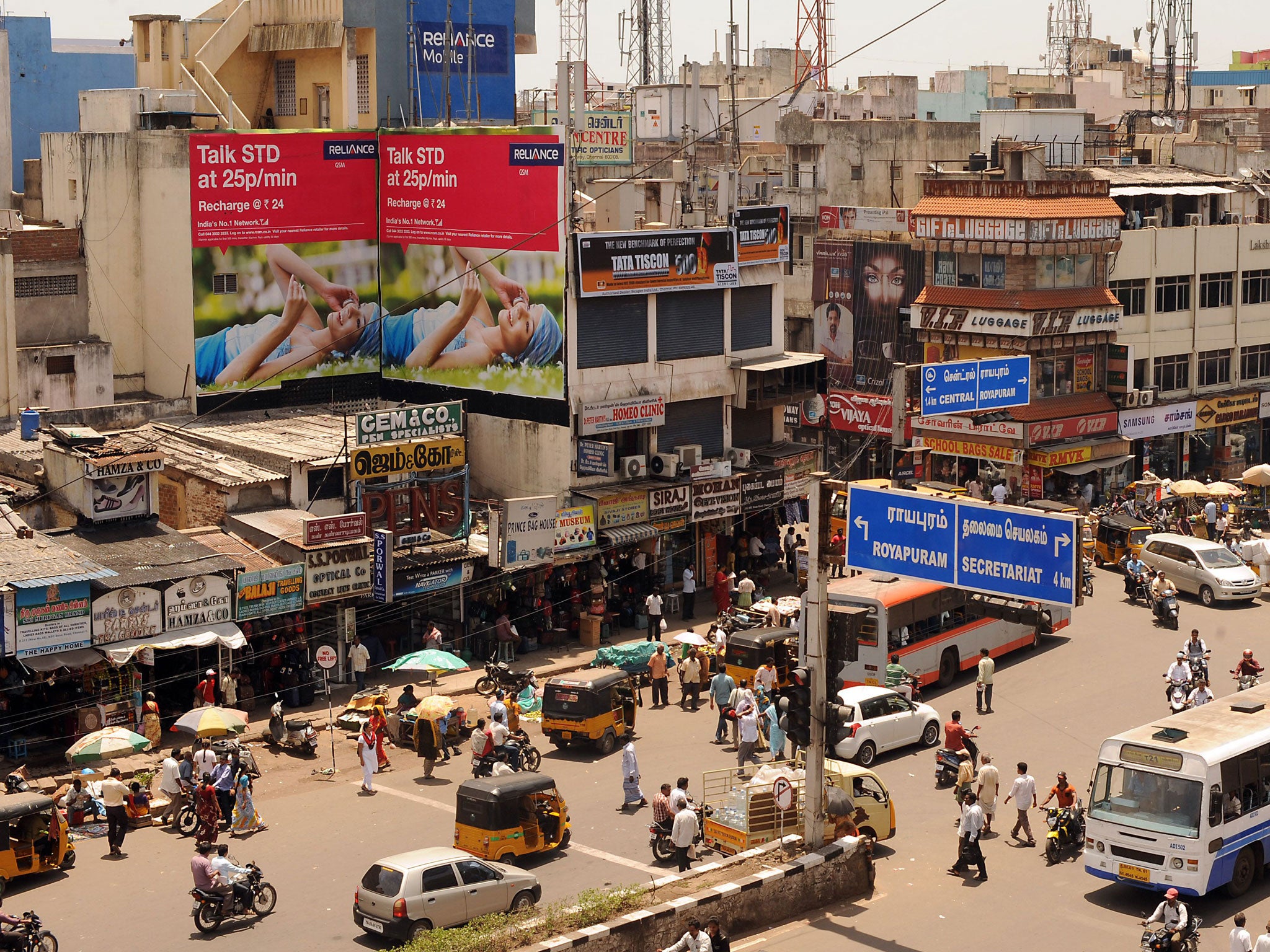Row as British-era club refuses entry to judge for wearing Indian clothes
The incident has sparked a heated debate in both Tamil Nadu and beyond

India's Tamil Nadu Cricket Association dates its origins to 1935: a time when both the club and the country were run by the British authorities.
Many of its current rules date from then, including an insistence that “gentlemen” are clad in trousers, shirts with collars, and leather shoes. But that might be changing.
The club in the city of Chennai, formerly known as Madras, has found itself at the centre of a storm after turning away a guest who was wearing a dhoti, a traditional Indian garment that is something akin to a sarong.
Probably unknown to the club, the guest it turned away was a high court judge who protested his right to enter.
The incident has sparked a heated debate in both Tamil Nadu and beyond as to why, 67-years after India won its independence, such clubs should be insisting guests wear Western clothes rather than Indian.
“It’s a colonial rule,” the judge, D Hariparanthaman, told The Independent. “When we go to a function, or when we are in the home, we always wear the dhoti.”
Mr Hariparanthaman, a judge at what is, with no small irony, still called the Madras High Court, said he had visited the club last week to attend a book launch hosted by a former chief justice of the court.
He said that he and two other guests were told they could not enter because they were wearing dhotis.
“The press has taken up the issue and now the chief minister has made a statement that should put an end to this sartorial apartheid,” he added. “We don’t understand why dhoti-wearing people are not allowed.”
The issue has been seized on by local politicians, saying dhotis are a sign of Tamil culture and should not be discriminated against. Muthuvel Karunanidhi, head of the Dravida Munnetra Kazhagam, the opposition party in the state assembly, said a ban on such clothing was “condemnable”.
Other commentators, meanwhile, have said a private club has the right to impose such a dress code if it wishes and the people are not obliged to visit.
Cho Ramaswamy, a Chennai-based writer and founder of a Tamil language magazine, said many Tamils wore the dhoti but many wore Western clothes. “I think it is best for the clubs to decide,” he said.
This is not the first time a club established during the days of British rule in India, has triggered controversy over Raj-era dress requirements.
In the summer of 2011, the Calcutta Club in what is now Kolkata, refused entry to a Bengali artist who was wearing a traditional long shirt, or kurta, with traditional trousers.
The artist, Shuvaprasanna, who uses one name, said at the time that the club was trying to enforce a “feudal mindset”. The club had previously refused entry to another, more celebrated artist, MF Husain, who was not wearing shoes.
In Tamil Nadu, under pressure from other political parties, the state’s chief minister, Jayalalithaa Jayaram, has said she would now introduce legislation to stop what she she said was discrimination.
In a statement delivered in the state assembly on Wednesday, she denounced the actions of the Tamil Nadu Cricket Association and said she had been told other private members’ clubs in the city were enforcing similar dress codes.
“This is an act of insult to Tamil civilisation and culture. This is a denigrating act. I strongly condemn this act,” she said while thumping her desk, according to local media reports.
“If the clubs act against Tamil culture in future, the government will resort to cancel licences granted to them.”
The Tamil Nadu Cricket Association has yet to issue an official statement on the issue and on Wednesday nobody from the club was available for comment.
However, one anonymous club official, speaking to the NDTV news channel, gave a possible insight into why it insisted on trousers and shoes. “The ban on dhotis is to prevent a wardrobe malfunction under the influence of alcohol, nothing else,” said the official. “But we can’t say so in public.”
Subscribe to Independent Premium to bookmark this article
Want to bookmark your favourite articles and stories to read or reference later? Start your Independent Premium subscription today.

Join our commenting forum
Join thought-provoking conversations, follow other Independent readers and see their replies